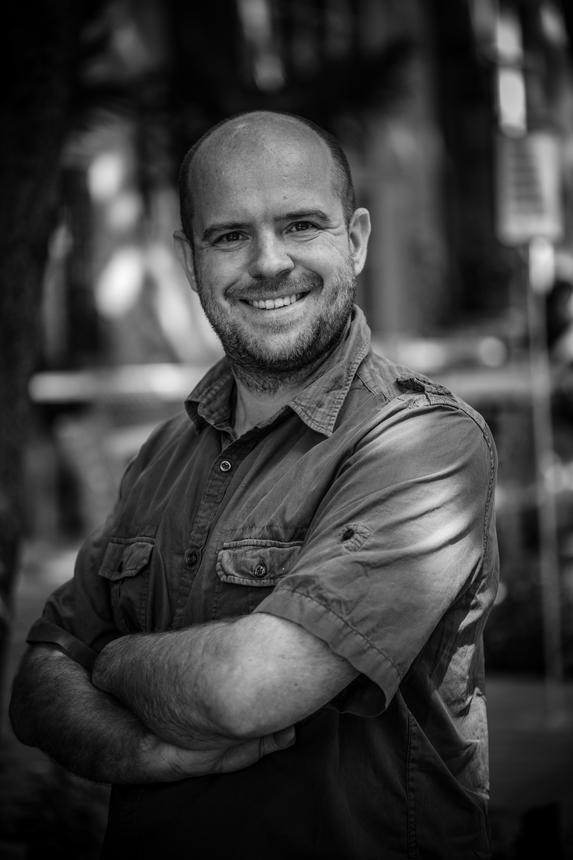Dancing Bears: True Stories about Longing for the Old Days
Witold Szabłowski
Translated by Antonia Lloyd-Jones
I used to bottle-feed my father’s two bears. When my son was born, they were kept together. There were plenty of times when I got it wrong—the baby drank from the bear’s bottle, and the bear from his. So when they fired me from the collective farm, I knew one thing: if I wanted to go on living, I had to find a bear.
A brilliant, funny and heartbreaking account of people in formerly Communist countries who are nostalgic for how they used to live.
For hundreds of years, Bulgarian Gypsies trained bears to dance, welcoming them into their families and taking them on the road to perform. In the early 2000s, after the fall of Communism, they were forced to release the bears into a wildlife refuge. But, even today, whenever the bears see a human, they still get up on their hind legs to dance.
In the tradition of Ryszard Kapuściński, award-winning Polish journalist Witold Szablowski tells remarkable stories of people throughout Eastern Europe and in Cuba who, like Bulgaria’s dancing bears, are now free but long for when they were not. He describes hitchhiking through Kosovo as it declares independence, arguing with the guides at the Stalin Museum, and sleeping in London’s Victoria Station alongside a homeless Polish woman. Dancing Bears is a fascinating portrait of social and economic upheaval, and a lesson in the challenges of freedom and the seductions of authoritarian rule.
andDancing Bears
‘One of the truest and most beautiful things I’ve read.’
‘Witold Szablowski is a born storyteller. His reports from the post-Communist world read like fairy-tales with the stench of reality. Absurd, darkly funny, compassionate, his book is a literary jewel.’
‘Mixing bold journalism with bolder allegories, Mr Szablowski teaches us with witty persistence that we must desire freedom rather than simply expect it.’
‘A fascinating and wide-ranging book that shows how, across different and diverse species, old habits die slowly, if at all. Humans, like other animals, often don’t know when they’ve gained freedom because conditions of oppression have become the norm and they’re unable to adjust to a newfound lack of restraint. Szablowski’s clever and metaphorical use of dancing bears to make this point is beautifully done.’
‘Heartrending…A sharply drawn account of people in “newly free societies” who long for life to be the same as it was in the unfree past…Connected by the allegory of performing bears, Szablowski’s melancholy personality studies underscore freedom’s challenges and the seductions of authoritarian rule.’
‘A poignant allegory about the human costs of regime change. Combining black humour with lyrical prose, Szablowski brilliantly captures the tragic disorientation of men and women whose lifes were bifurcated by the sudden collapse of Communism and ruthless onslaught of neoliberal capitalism. Dancing Bears should be required reading for anyone hoping to understand the growing appeal of authoritarian leaders in Eastern Europe today.’
‘A new Kapuscinski is among us.’
‘A fascinating portrait of social and economic upheaval and a lesson in the challenges of freedom and the seductions of authoritarian rule. So, you know, maybe not a great distraction from what’s going on right now, but something that will at least help you understand it a little better.’
‘Elegantly pulling together the varied threads, Szabłowski combines personal histories, letting his interviewee do the talking, with a unique storytelling device. As a result, Dancing Bears is both a compelling social history and a stunning example of literary journalism.’
‘Dancing Bears has the immediate power of observation typical of some of the best literary traditions of Polish reportage and just like its predecessors it relishes in an allegorical understanding of things.’
‘Polish journalist Witold Szablowski uncovers life after communism with a curious, humorous and, at times, tender account of regular folk struggling to come to terms with the new world.’
’Szablowski has a keen eye for the absurd.’
‘Utterly original…Provokes a far-reaching and unresolved conversation about what freedom might really mean.’
‘Fascinating.’
‘A compelling and nuanced portrait of the push between the freedoms of modernity and nostalgia for the old communist system…[Szablowski] displays the qualities of a top-notch reporter: an eye for telling detail and inherent sympathy for his subject.’
‘Riveting.’





